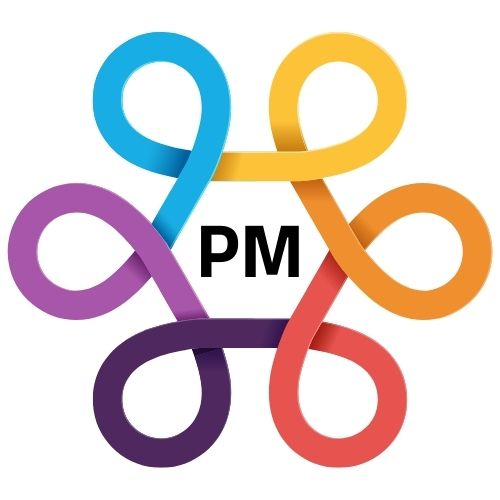How Web Dev Impacts Your Digital Marketing Strategy

The Unseen Architect: How Web Development Impacts Your Digital Marketing Strategy...
In today's digital landscape, a robust online presence is non-negotiable for any business. While marketing teams focus on driving traffic and generating leads, the foundation upon which these efforts stand is often overlooked: web development. The symbiotic relationship between web development and digital marketing is critical, and a well-structured website can be the difference between a successful campaign and a costly flop.
1. The Foundation of User Experience (UX):
A website's UX directly impacts how visitors interact with your brand. Web developers are responsible for creating intuitive navigation, fast loading speeds, and mobile-friendly designs. A seamless UX translates to:
- Lower bounce rates: Visitors are more likely to stay and explore.
- Increased engagement: Users can easily find the information they need.
- Higher conversion rates: A smooth checkout process or lead capture form encourages action.
Marketing campaigns that drive traffic to a poorly designed website will suffer, regardless of their creativity. Web development ensures that the user journey is optimized for conversions.
2. Search Engine Optimization (SEO) and Technical Excellence:
SEO is a cornerstone of digital marketing, and web development plays a crucial role in its effectiveness. Developers ensure that websites are:
- Mobile-friendly: Google prioritizes mobile-first indexing.
- Fast loading: Page speed is a ranking factor.
- Structured with clean code: Search engines can easily crawl and index the site.
- Equipped with proper schema markup: Enhances search engine understanding of content.
- Technical SEO, handled by developers, directly impacts a website's visibility in search engine results pages (SERPs), amplifying the reach of your marketing efforts.
3. Content Management and Flexibility:
Digital marketing thrives on content. Developers build Content Management Systems (CMS) that empower marketing teams to:
- Easily update content: Publish blog posts, product descriptions, and landing pages without coding knowledge.
- Implement A/B testing: Experiment with different layouts and content variations.
- Integrate marketing tools: Connect CRM, email marketing, and analytics platforms.
A flexible CMS allows marketing teams to adapt quickly to changing trends and campaign needs, ensuring agility and responsiveness.
4. Data-Driven Insights and Analytics:
Web developers integrate analytics tools like Google Analytics and Google Tag Manager, enabling marketing teams to:
- Track user behavior: Understand how visitors interact with the website.
- Measure campaign performance: Analyze conversion rates, bounce rates, and traffic sources.
- Optimize marketing strategies: Use data to refine campaigns and improve ROI.
Accurate data collection and analysis are essential for informed marketing decisions, and web developers provide the technical infrastructure to support these efforts.
5. Security and Trust:
In an era of data breaches and cyber threats, website security is paramount. Developers implement security measures like SSL certificates, firewalls, and regular security updates to:
- Protect user data: Build trust and credibility with visitors.
- Prevent website downtime: Ensure uninterrupted access to marketing campaigns.
- Maintain brand reputation: A security breach can severely damage a brand's image.
A secure website fosters trust and confidence, encouraging visitors to engage with marketing campaigns and convert.
6. Integrating Marketing Technologies:
Modern marketing relies on a plethora of technologies, from chatbots and email marketing platforms to social media integrations and e-commerce functionalities. Web developers are the bridge between these tools and the website, enabling:
- Seamless integration: Ensuring smooth data flow and functionality.
- Customization: Tailoring integrations to specific marketing needs.
- Scalability: Adapting to growing marketing demands.
Proper technology integration allows marketing teams to leverage the full potential of their tools, maximizing efficiency and effectiveness.
In conclusion, web development is not just about building websites; it's about creating a digital ecosystem that supports and amplifies your marketing efforts. A strong partnership between web development and marketing teams is essential for achieving online success. By prioritizing UX, SEO, flexibility, data, security, and technology integration, businesses can ensure that their websites become powerful engines for growth.
